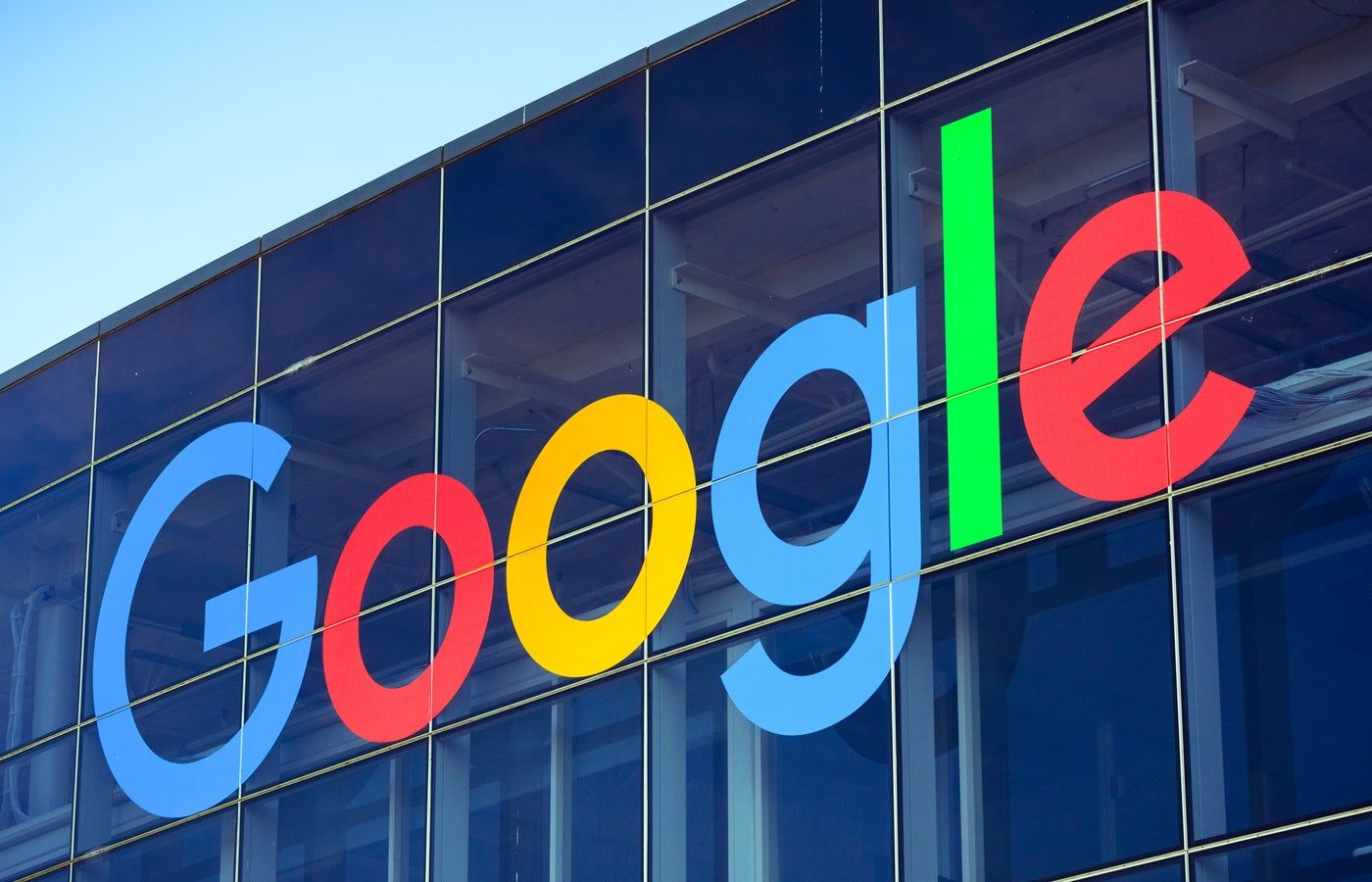The UK's Competition and Markets Authority has provisionally ruled that Google's dominance in the advertising technology market is harmful to competitors and could fine the tech giant up to 10% of its global annual turnover as a result.
Since at least 2015, the company has allegedly been using its tools for buyers and sellers of advertising space, like Google Ads, in a way that protects its ad space auction platform, AdX, from competition. The CMA also says Google is preventing rival ad space listing tools from competing with its own platform, DoubleClick For Publishers.
These anti-competitive practices “could be harming thousands of UK publishers and advertisers”. According to the authority, advertisers spend around 1.8 billion pounds a year on free-to-air advertising, marketing goods and services through apps and websites to UK consumers.
“We have provisionally discovered that Google is using its market power to stifle competition when it comes to the ads people see on websites,” said Juliette Enser, acting chief executive of Enforcement, in a press release. “Many businesses are able to keep their digital content free or cheaper by using online advertising to generate revenue. Ads on these websites and apps reach millions of people across the UK, making it easier to buy and sell goods and services.
He added: “That is why it is so important that publishers and advertisers, who make this free content possible, can benefit from effective competition and get a fair deal when buying or selling digital advertising space.”
WATCH: UK regulator deems Microsoft-Inflection AI partnership a merger, but clears it of competition concerns
Google responds to accusations
The digital advertising technology sector, known as the “ad tech stack,” includes several intermediaries that facilitate the sale of online ads. Google owns four of them: Google Ads, DV360, AdX, and DoubleClick For Publishers.
Advertisers use both Google Ads and DV360 to bid for ad space on websites and apps. DoubleClick For Publishers is a platform for website and app managers to publish their available ad space. AdX connects the two systems by matching the advertiser with the highest bidder with the website or app manager in a real-time auction.
The CMA alleges that Google has blocked competition with AdX and DoubleClick For Publishers through a number of practices, including:
- Provide AdX with exclusive or preferential access to advertisers using the Google Ads platform.
- Manipulating advertisers' bids so that they are worth more when submitted to the AdX auction than when submitted to auctions on rival ad exchange platforms.
- Allow AdX to bid first in auctions run by DoubleClick For Publishers for online advertising space, meaning rivals potentially don't have the opportunity to bid.
Dan Taylor, Google's vice president of global ads, responded to the allegations in a statement to TechCrunch, saying the case was based on “misconceptions of the ad tech industry.”
“Our ad tech tools help websites and apps fund their content and enable businesses of all sizes to effectively reach new customers,” Taylor added.
The CMA has only published a statement of objections and has not ruled that Google is in breach of the provision of Chapter II of the Competition Act 1998, which prohibits the abuse of a dominant position that may affect trade within the country. It will consider Google's allegations and suggest what action the search giant can take to stop its ongoing anti-competitive practices.
Multiple investigations into Google's practices
The CMA's investigation has been combined with another into Google's abuse of a dominant position in header bidding services, which opened in March 2022. Header bidding is a service that allows websites to offer their advertising space to multiple buyers at the same time.
Google is also attempting to appeal a UK court decision in June, which allowed a lawsuit brought by Ad Tech Collective Action LLP to proceed to trial. The online publishers’ collective alleges that Google has abused its dominant position in the digital ad tech sector, causing it to incur £13.6bn in losses.
But it’s not just the UK that has questioned Google’s ad tech practices. The US Justice Department and state attorneys general launched an antitrust investigation in 2020, alleging that Google “has unlawfully used distribution agreements to thwart competition.” That investigation is still ongoing.
In August, a federal judge ruled that the tech company has a monopoly on general search and text ad services and has violated antitrust law.
The European Commission also told Google that a “mandatory divestment” of part of its advertising technology business would be the only way to address its own competition concerns, after revealing its preliminary opinion that the company had breached EU antitrust rules in March.
The EU is conducting an investigation into Google's compliance with the new Digital Markets Act. Regulators claim that Google is promoting its own services above those of third parties in search results and is therefore “controlling access”.
In March, Google temporarily removed some search widgets, such as Google Flights, to allow greater access to individual businesses in response to the DMA coming into effect.












